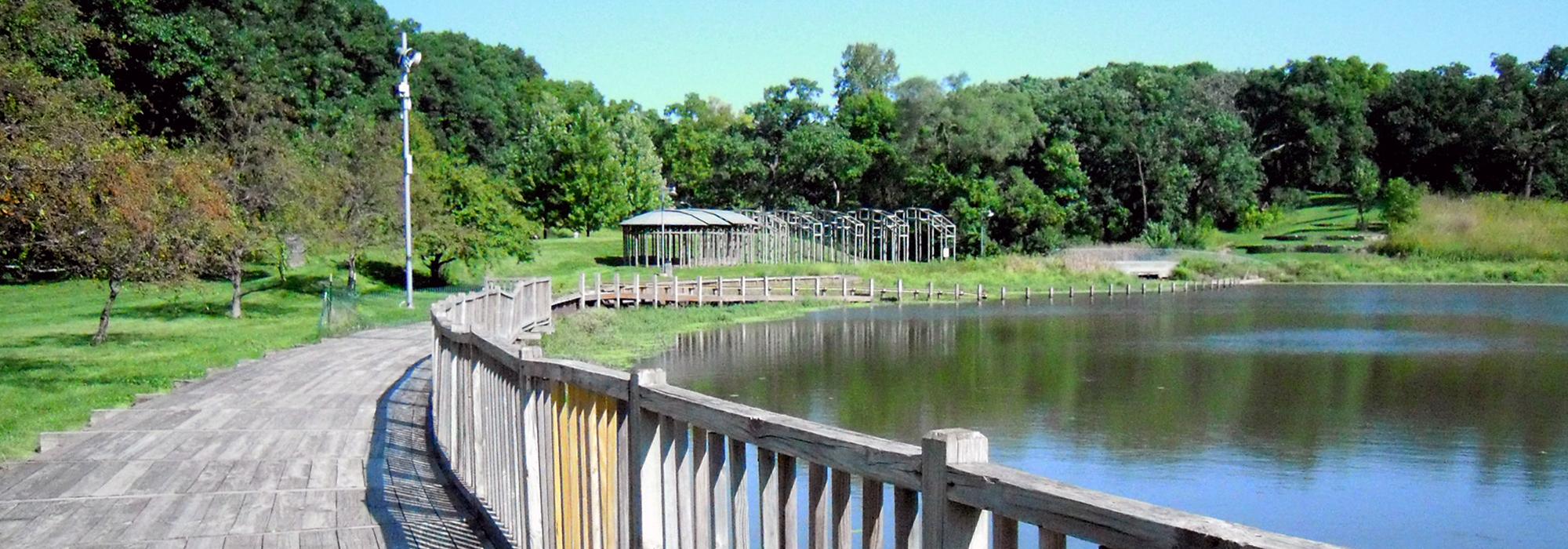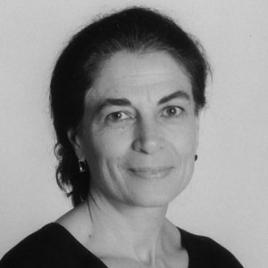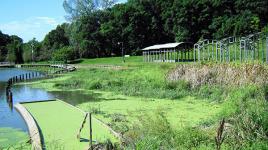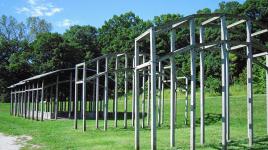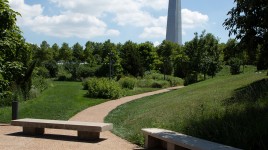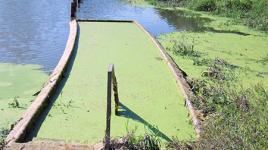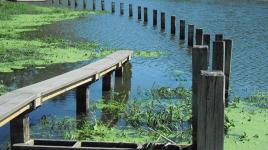Pioneer Information
Born in New York, Miss received a B.A. in art in 1966 from the University of California, Santa Barbara, and an M.F.A. in 1968 from the Maryland Institute College of Art, where she studied sculpture. She is a pioneer of the land art movement along with Nancy Holt, Athena Tacha, and Alice Aycock. She created her first temporary site-specific installations in the 1960s, later producing permanent works such as the environmental artwork Greenwood Pond: Double Site in Des Moines, Iowa. Miss’ works are interdisciplinary, often informed by the history and ecology of their settings, and include elements of architecture, sculpture, landscape design, and installation art. In 2009 Miss launched the City as Living Laboratory (CaLL) an initiative that encourages artists to collaborate with scientists, planners and other experts to create place-based artworks that engage the public with the environment and issues of sustainability. The inaugural project is Flow: Can You See the River? (2008-2014).
Miss has received numerous awards and honors including three National Endowment for the Arts fellowships; a John Simon Guggenheim Memorial Foundation Fellowship; the American Institute of Architect’s Medal of Honor; a Centennial Medal from the American Academy in Rome; and the New York Chapter of the American Society of Landscape Architect’s President’s Award. In addition, her work has been exhibited at the Museum of Modern Art and the Whitney Museum of American Art (both in New York City); Harvard University (Cambridge, Massachusetts); and the Tate Modern (London, UK).



